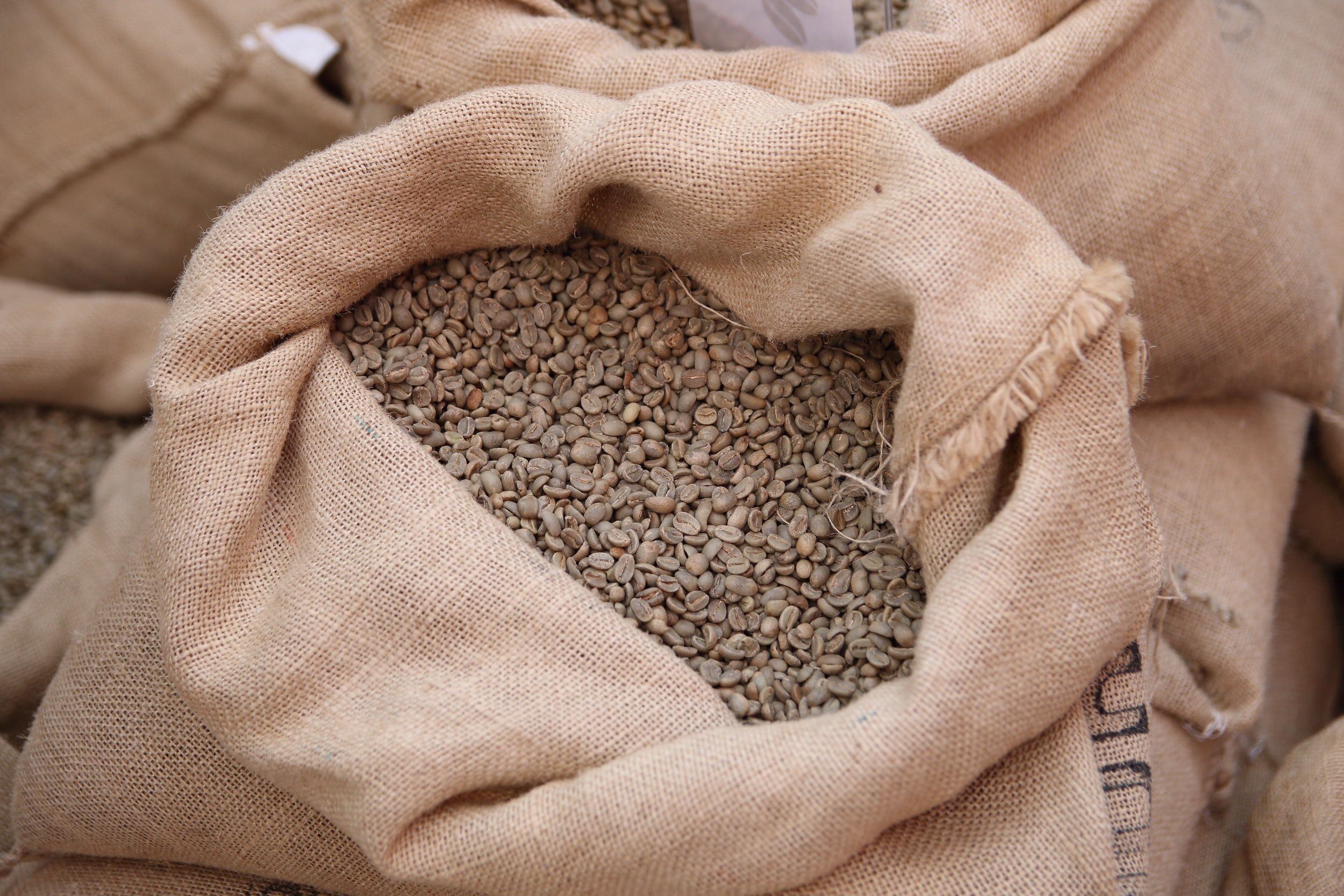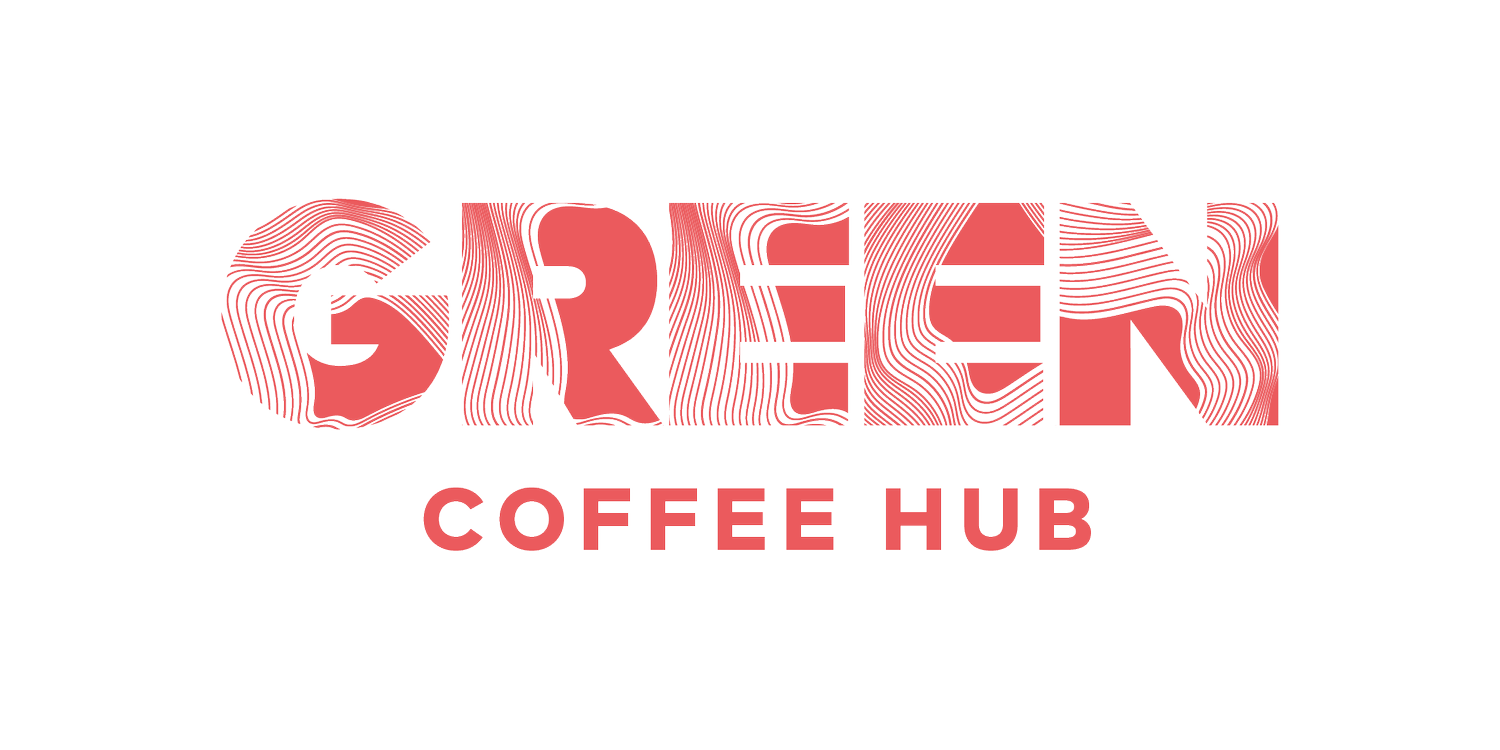
Actions
“Where can I go to find this information?” “What can I do?” “How can I share this with others?” This section of the resource library is devoted to what we can do, particularly in regards to driving more equitable value distribution.
Assessing Value
MARIO R. FERNÁNDEZ-ALDUENDA, PhD explains the learnings of the evaluation phase of the SCA’s Coffee Value Assessment System work as well as an update on the pilot process at the heart of the project’s ongoing evolution phase.
Anthropologist SARAH BESKY, PhD considers the relationship between tea’s sensory lexicon and ideas of quality across tea’s colonial history and current-day trading practices, highlighting that quality is far from an objective measure—and that it must be constantly reproduced in practice, including how we choose and use words to adjudicate quality over time.
Anthropology Professor EDWARD F. FISCHER, author of Making Better Coffee: How Maya Farmers and Third- Wave Tastemakers Create Value, explains the different types of value, ways of determining worth, and how we create economic value by drawing on other sorts of values (moral, social, political, and other cultural values) through the lens of his fieldwork in Guatemala.
In this four-part series, we will hear from the authors of two recent publications by the Specialty Coffee Association, the Coffee Sensory and Cupping Handbook and the Attributes White Paper. Drawing upon advances in sensory science, the global expansion of specialty coffee, and a commitment to making specialty coffee a thriving, equitable, sustainable activity for the entire value chain, SCA speakers Kim Elena Ionescu, Dr. Mario Fernández Alduenda, Peter Giuliano, and Jenn Rugolo will make the case that the coffee industry's understanding of value has evolved over the past two decades and our tools - like the SCA Cupping Form - must evolve, as well.
Dr. JORGE BERNY and Dr. MARIO FERNÁNDEZ-ALDUENDA share initial results of a collaborative study examining how cuppers cup and exploring the potential impacts of a proposed component of the reengineered cupping protocol.
Desde su creación en el 2004, el actual sistema de cata de la SCA se ha transformado en una norma del secto cafetero, con reconocimiento global por parte de muchos actores interesados en todo el mundo, para evaluar la calidad del café y ayudar a determinar su valor en contratos comerciales. Mientras tanto, nuestra comprensión de la ciencia sensorial y de las propiedades sensoriales del café, así como del sector del café de especialidad y su contexto global, han avanzado significativamente

Un informe *NUEVO*
Carbono y café
La amenaza del cambio climático, así como el impacto que se espera que tenga en los rendimientos de café en todo el mundo, preocupa especialmente al sector mundial del café en 2022.Este informe tiene como objetivo destacar algunas de las herramientas, estrategias y buenas prácticas clave que los actores de la industria del café pueden adoptar para lograr la reducción de las emisiones de carbono, así como para fomentar un debate más específico sobre métodos y resultados verificables, con el fin de aumentar la acción probada y positiva sobre el cambio climático en todo el sector del café →
*NEW* Report
Carbon and Coffee
The ongoing threat of climate change, and the impact it is expected to have on coffee yields worldwide, is of particular concern to the global coffee sector in 2022. This report aims to highlight some of the key tools, strategies, and best practices that coffee industry actors could adopt to achieve carbon emission reduction as well as encourage more targeted conversation about verifiable methods and outcomes, in order to increase proven and positive action on climate change throughout the entire coffee sector →
Models & Chains
SARAH CHARLES, writer, Communications Officer at the International Trade Centre, and author of a recent dissertation on mandatory supply chain due diligence, outlines the history, opportunities, and challenges of regulatory sustainability approaches while offering a path forward for coffee businesses grappling with the shift from a voluntary to a regulatory approach.
There are so many possible interpretations of sustainability, with some of the more familiar driven by a particular mode of thinking or focus on a particular angle of such a complicated topic. In this series, SCA Sustainability Director, ANDRÉS MONTENEGRO, explores different sustainability frameworks in relation to the SCA’s sustainability agenda of equitable value distribution, beginning with “climate justice.”
In the second in a series of features on sustainability frameworks and their relationship to the SCA’s sustainability agenda of equitable value distribution, SCA Sustainability Director ANDRÉS MONTENEGRO explains the concept of the circular economy through the use of a doughnut-and-coffee metaphor and highlights an upcoming seminar at Re:co Symposium in Portland designed to help participants apply its principles to their own work.
The Algrano market report is a once-annual analysis of coffee sourcing and production trends, and to date has focused on the European market. Over the course of one hour, the panelists discuss how the trends they identified at the end of 2021 and at the beginning of 2022 have evolved over the course of the past year, and they provide insight into what these evolutions might mean for the coffee sector going forward.
Professors CARLOS CARPIO, PhD and LUIS SANDOVAL, PhD worked with BRENDA MAMANI, MSc to ask: what are the living wages in El Salvador and Honduras, and how would current total costs and profitability of coffee production be affected if farmworkers were paid living wages?
Jessica Yinka Thomas shares a new model of business designed to maximize wellbeing, interdependence, and drive change.

*NEW* Video
Paradigm Shift: The Post-Harvest Processing Revolution
The current coffee processing revolution offers us means to improve the live of coffee growers and processors not just through direct product improvement, but through a new, powerful narrative that can drive more respect, and value, back to producers. But, says Joel Schuler, it requires a paradigm shift, one we can only make if we ask—and collectively answer—many questions, and a movement towards parity →
Financing & Risk
SARAH CHARLES, writer, Communications Officer at the International Trade Centre, and author of a recent dissertation on mandatory supply chain due diligence, outlines the history, opportunities, and challenges of regulatory sustainability approaches while offering a path forward for coffee businesses grappling with the shift from a voluntary to a regulatory approach.
In recent years, impact investment allocation increased exponentially also in agricultural commodities such as coffee and cocoa. Yet, few had the chance to understand what hides behind the hype surrounding the phenomenon. Is impact investing just a buzzword, or are there concrete opportunities for operators in the coffee value chain? What approaches and synergies are best suited to access new sources of financing for sustainable coffee trade and production?
Smallholder coffee farmers face unique challenges in improving their coffee production and productivity. Recognizing this, the coffee sector has rolled out a variety of interventions and programs over the past decade (or more) aimed at enhancing productivity, profitability, and eventually, the income of these smallholder farmers. But have these programs worked?
Originating in the early 2000s as an acronym to capture non-financial areas connected to business performance, the term ESG—short for “environmental, social, and governance”—has become significantly more visible over time. While the term now appears in mainstream outlets more often than it did a decade ago, many people are still unclear on what it really means, how it differs from or aligns with sustainability, and its potential relevance for their own organizations. KELLEM EMANUELE offers an ESG primer tailored for the coffee industry.
As the word "sustainable" continues to grow in importance to consumers, it is being used in many different ways. While we're shifting our definition to encompass concepts like living income, argues Catalina Eikenberg, we're still under-utilizing tools and leverage points to help us move forward.
Jeanine Niyonzima-Aroian shares a business model to help build more sustainable communities.
Explore All Actions
Explore how traditional transaction concepts, centered only on quality and delivery, limit the capacity of our industry to generate and better distribute value.
How can we know we’re paying an equitable price for coffee? Grayson Caldwell explores the idea of verified living income.
Jeanine Niyonzima-Aroian shares a business model to help build more sustainable communities.
In conversation, learn from two coffee entrepreneurs who both (independently!) stumbled upon the profit-sharing business model and use it to get as much profit as possible back to origin, while still making ends meet.
Can the living income and the living wage movements help us all to “build back better” after the COVID-19 pandemic?
SOPHIA JIYUAN ZHANG y FLORAC DE BRUYN comparten los descubrimientos hechos durante su investigaciones conjunta de cuatro años centrada en la creación de un mejor entendimiento del impacto del procesamiento del café posterior a la cosecha sobre la calidad del café a lo largo de diferentes zonas geográficas.
Es el momento de reconsiderar las oportunidades que tienen los productores de café para llegar a los consumidores de café de especialidad en sus propios países.
Con una edad media de los agricultores dedicados al café rondando los 55 años y en aumento, muchas familias cafeteras y sus plantaciones se encuentran en un momento de transición, pasando de una generación a la siguiente.
¿Qué es lo que hace que los productos alimentarios sean exclusivos de una región, y cómo se protegen desde los países de la UE y el resto del mundo conforme a la ley?
A la conclusión de Avance (la conferencia inaugural sobre sostenibilidad de la Specialty Coffee Association y primer evento de ese tipo en origen) en la ciudad de Guatemala el pasado mes de octubre, se pidió a los representantes allí presentes que indicaran el área de mayor prioridad dentro de la cadena de valor del café. Más del 90% de los representantes se decantaron por la «rentabilidad para los agricultores».
Ellie Hudson and Kim Elena Ionescu discuss value creation and equitable distribution.
Ellie Hudson, Christina Archer, Stephanie Daniels, Michelle Murray, and Jeremy Dufour discuss the living income movement.
La propagación del virus COVID-19 en todo el mundo ha causado gran incertidumbre, aislamiento y ansiedad. ¿Cual es la experiencia de los productores de café? ¿Qué información de mercado existe para productores medianos y grandes, organizaciones cúpulas y gremiales, cooperativas y los tostadores, y cafeterías en países productores?
Mario Fernandéz traces the debates around coffee’s identity, from the first to the third wave.
Miguel Zamora asks: How can the coffee industry provide a more equitable return?
For the past four years, Sophia Jiyuan Zhang and Florac de Bruyn have been working with coffee through a bilateral industry-academia research collaboration between the Vrije Universiteit Brussel (Brussels, Belgium) and Nestlé Research (Vers-chez-les-Blanc, Switzerland), endeavoring to understand coffee post-harvest processing.
As Avance–the Specialty Coffee Association’s inaugural sustainability conference and first ever event at origin–drew to a close in Guatemala City in October, delegates were asked to indicate what area they most prioritized among coffee’s value chain. More than 90% of participants stood next to the sign reading “farmer profitability.”
Hear from Tim Wendelboe on what he’s learned from starting his own coffee farm, Finca el Suelo.
Coffee acts as a vessel for all kinds of values—economic, social, moral, and ideological. How does the coffee trade balance these different metrics of value? Hear from Ted Fischer.
Achieving an equitable value distribution isn’t about making the pie bigger; it’s about dividing the pie better. It’s about who captures the value within the chain, regardless of where they are.
Vera Espindola Rafael, Paul Hicks, Peter Roberts, and Ivania Rivera continue the conversation in the third installment of a webinar series addressing the challenges facing coffee farmers and the sustainability of coffee.
Ashley Prentice, Janina Grabs, and Ed Canty continue the conversation around the profitability of coffee farming. Do increased yields consistently correlate to profitability on coffee farms? Do price premiums for coffee taste quality justify farmer investments?
Do increased yields consistently correlate to profitability on coffee farms? Do price premiums for coffee taste quality justify farmer investments? What strategies are producers and buyers using to address farm profitability? What research and data is needed to support farmers and their businesses? Hear from Vera Espindola Rafael, Alex Keller, Aleco Chigounis, and Edie Baker.
Las oportunidades adicionales para crear y capturar más valor son clave para que los productores reduzcan el riesgo. Por lo tanto, es vital comprometerse con estrategias que les permitan a los productores crear (más) valor y obtener un mayor y mejor parte del precio al consumidor.
For producers to reduce risk, additional opportunities to create and capture more value are key—domestic consumption could allow producers to enable to create (more) value and allow them to obtain a better, higher share of the consumer price.
Geographical indications can protect producers in a region and guarantee the quality of the product; what are the opportunities and challenges of seeking these protections?
The recommendations found in the Price Crisis Response Initiative’s Summary of Work were selected for their strong potential to foment long-term change in the coffee sector.
Greg Low, asks: What is insurance’s role in building resilient business models? New developments in insurance solutions can transform how risk is managed, understood, and priced. From crop insurance to weather insurance, new financing models are unlocking possibilities for agricultural supply chains.
Janina Grabs, a postdoctoral researcher of the political economy of sustainable commodity production, answers audience questions generated from a webinar series on farm profitability and prosperity.
Ed Canty, General Manager of Cooperative Coffees, answers audience questions generated from a webinar series on farm profitability and prosperity.



















































